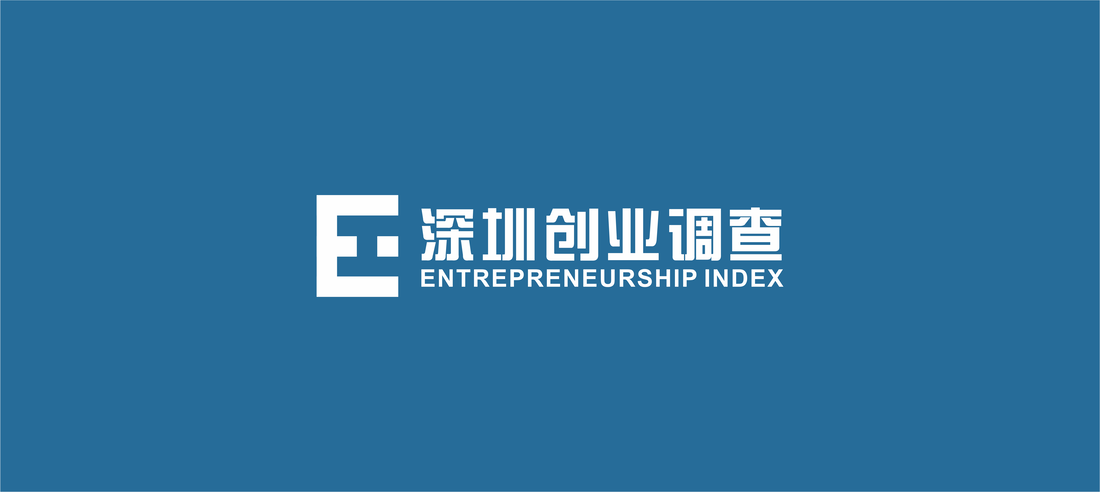Enterprise survey in china
_________________________________________________________
Enterprise Survey for Innovation and Entrepreneurship in China (ESIEC). Two national surveys were conducted in the field in 2018 and 2019. Two waves of a COVID-19 special survey of sample businesses in the previous years were conducted by telephone in February and May of 2020.
National Survey. The ESIEC national survey takes a random stratified sample of firms from the Firm Registration Database of the State Administration for Industry and Commerce of China, which contains the universe of all newly registered firms in China between 2010 and 2017. The sampling procedure is as follows. First, six nationally representative provinces and centrally-administered municipalities are selected. Second, counties that are provincially representative are selected based on population and total GDP. Five hundred firms are then randomly sampled from each county to form the final ESIEC sample of 6,628 firms.
The ESIEC firms are representative at both the national and provincial level, and are spread across 62 cities in 6 provinces and centrally-administered municipalities: Shanghai, Liaoning, Zhejiang, Henan, Guangdong and Gansu. In addition, the ESIEC sample is representative of the industry distribution of all firms from the Firm Registration Database, except for the wholesale and retail sector, which is deliberately under-sampled due to high level of homogeneity among retail firms.
The 2018 wave covered 6,199 firms. The 2019 wave, which was a follow-up on firms that missed the 2018 wave, covered the remaining 429 firms. The baseline survey contains information about firms' annual sales, year of registration, employment, physical addresses, industry, and supply chain characteristics. They also contain information about firm owners’ personal characteristics and entrepreneurship history.
COVID-19 Survey. In 2020, all 6,628 firms from the national survey were contacted for a COVID-19 special questionnaire. The first wave of the survey was conducted between February 10 and 13, two weeks after all provinces and centrally-administered municipalities in China declared first-degree state of emergency in response to the COVID-19 outbreak. Interviewers were able to complete and retrieve a total of 2,044 responses. Questions were asked about firms' operational conditions, production activities, and the main challenges they faced.
The second wave was conducted between May 18 and 25, after most provinces downgraded their state of emergency to third-degree. Again, all 6,628 firms were contacted, and 1,961 responses were completed and retrieved. Altogether, the two waves covered 2,838 unique firms. Questions were asked about firms' operational recovery, the impact of COVID-19 on firms' suppliers and customers, the measures they took to adapt, and the types of government relief policies they did receive.
_________________________________________________________
Enterprise Survey for Innovation and Entrepreneurship in China (ESIEC). Two national surveys were conducted in the field in 2018 and 2019. Two waves of a COVID-19 special survey of sample businesses in the previous years were conducted by telephone in February and May of 2020.
National Survey. The ESIEC national survey takes a random stratified sample of firms from the Firm Registration Database of the State Administration for Industry and Commerce of China, which contains the universe of all newly registered firms in China between 2010 and 2017. The sampling procedure is as follows. First, six nationally representative provinces and centrally-administered municipalities are selected. Second, counties that are provincially representative are selected based on population and total GDP. Five hundred firms are then randomly sampled from each county to form the final ESIEC sample of 6,628 firms.
The ESIEC firms are representative at both the national and provincial level, and are spread across 62 cities in 6 provinces and centrally-administered municipalities: Shanghai, Liaoning, Zhejiang, Henan, Guangdong and Gansu. In addition, the ESIEC sample is representative of the industry distribution of all firms from the Firm Registration Database, except for the wholesale and retail sector, which is deliberately under-sampled due to high level of homogeneity among retail firms.
The 2018 wave covered 6,199 firms. The 2019 wave, which was a follow-up on firms that missed the 2018 wave, covered the remaining 429 firms. The baseline survey contains information about firms' annual sales, year of registration, employment, physical addresses, industry, and supply chain characteristics. They also contain information about firm owners’ personal characteristics and entrepreneurship history.
COVID-19 Survey. In 2020, all 6,628 firms from the national survey were contacted for a COVID-19 special questionnaire. The first wave of the survey was conducted between February 10 and 13, two weeks after all provinces and centrally-administered municipalities in China declared first-degree state of emergency in response to the COVID-19 outbreak. Interviewers were able to complete and retrieve a total of 2,044 responses. Questions were asked about firms' operational conditions, production activities, and the main challenges they faced.
The second wave was conducted between May 18 and 25, after most provinces downgraded their state of emergency to third-degree. Again, all 6,628 firms were contacted, and 1,961 responses were completed and retrieved. Altogether, the two waves covered 2,838 unique firms. Questions were asked about firms' operational recovery, the impact of COVID-19 on firms' suppliers and customers, the measures they took to adapt, and the types of government relief policies they did receive.
_________________________________________________________

